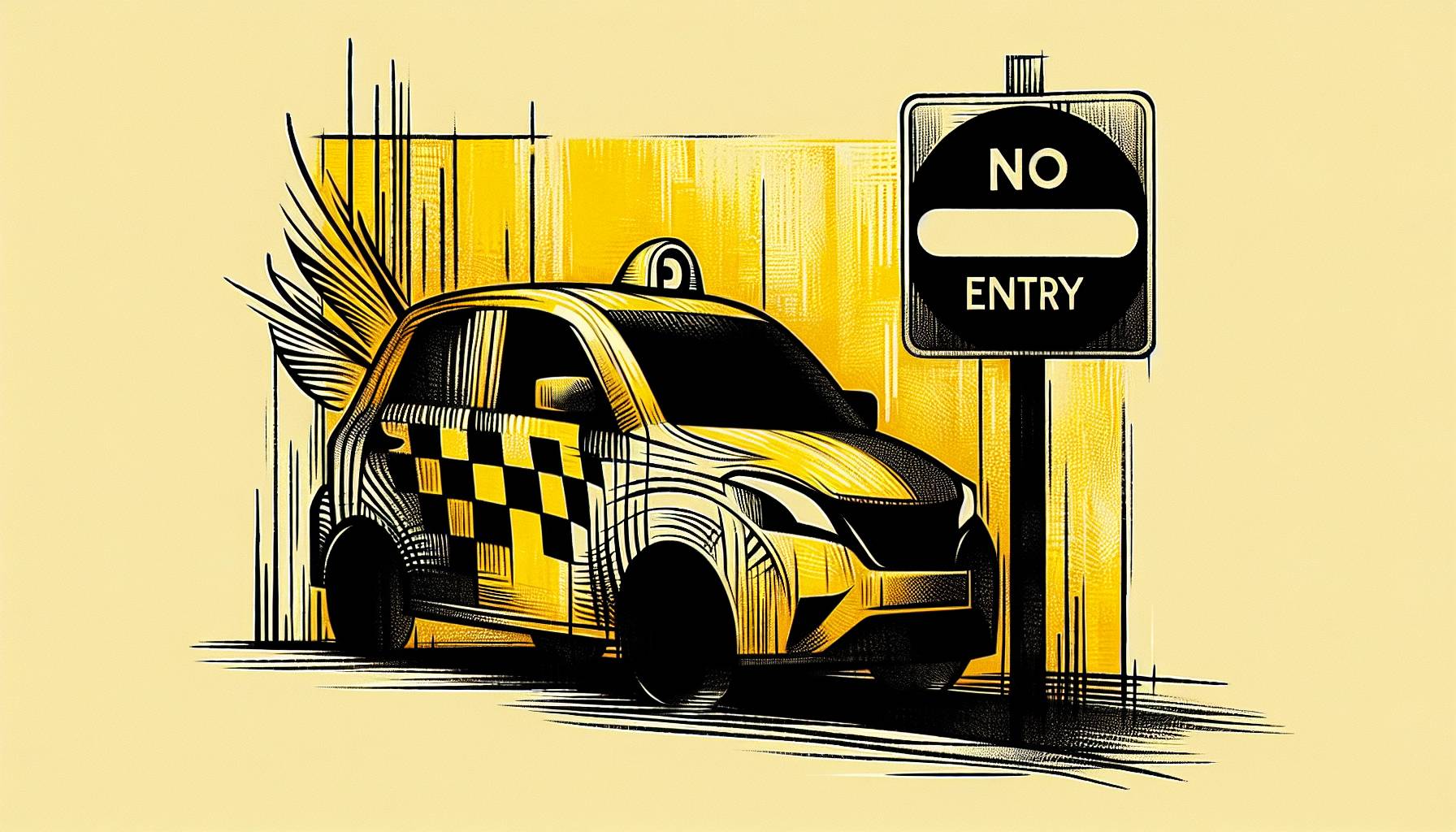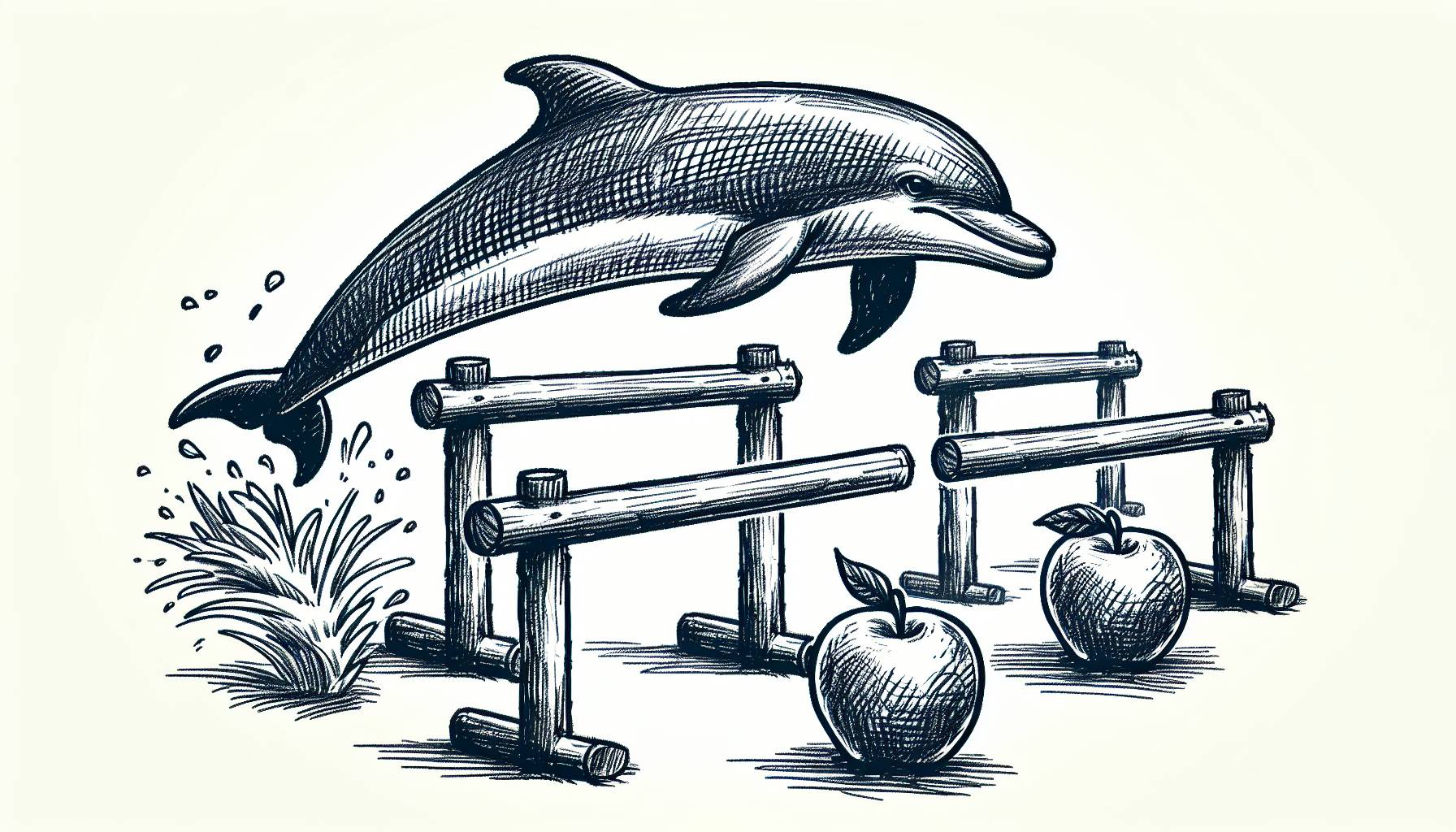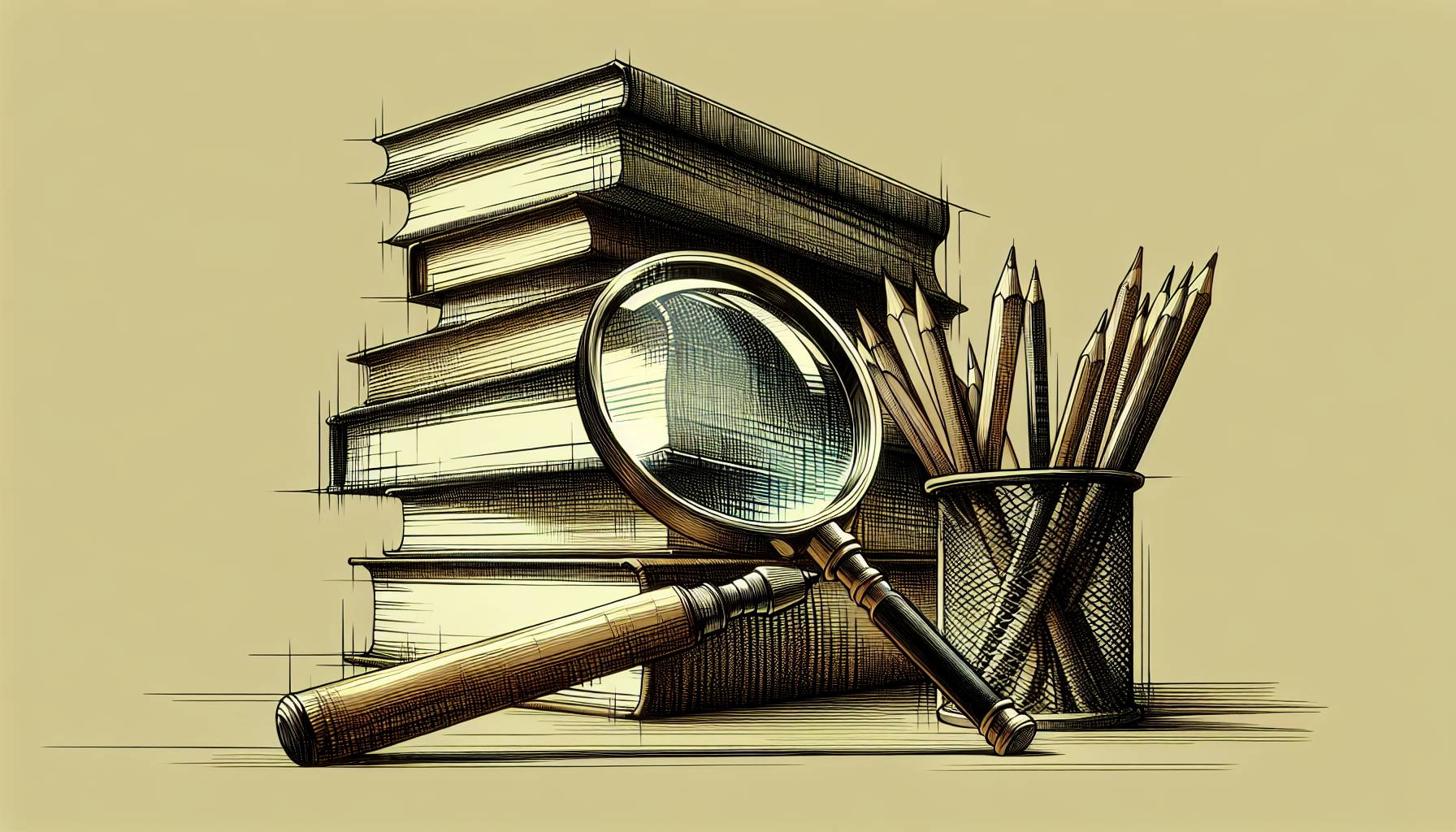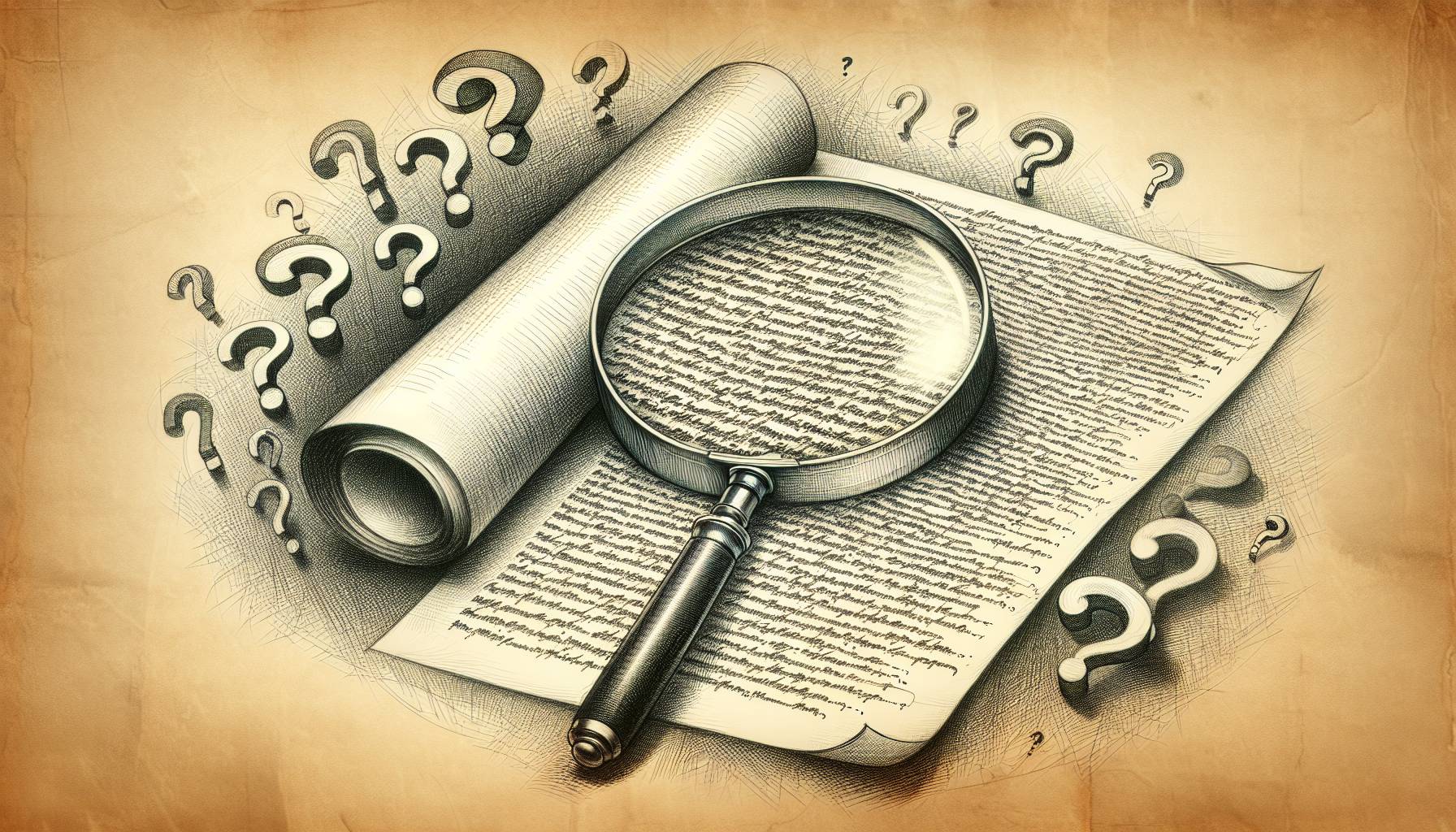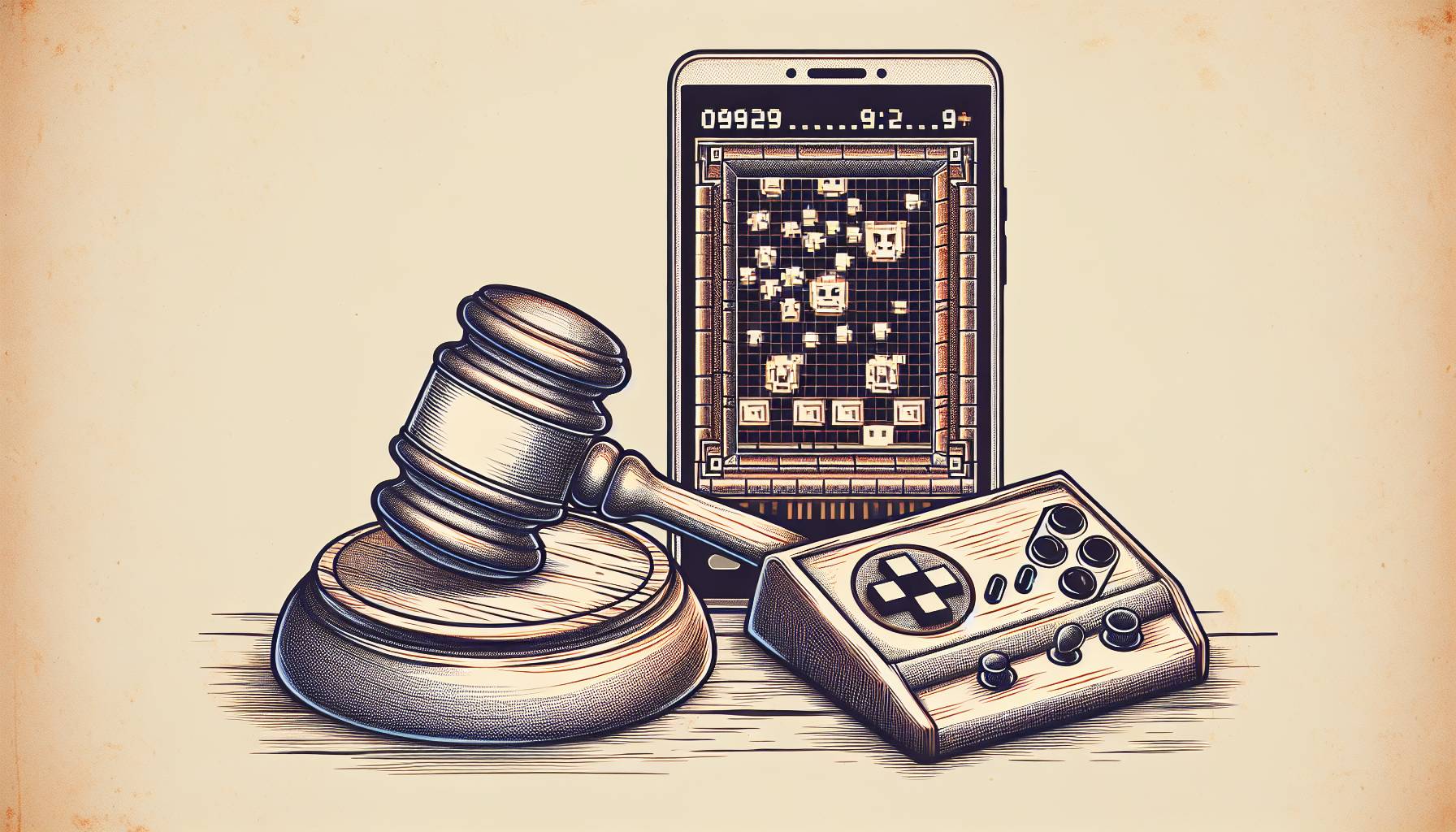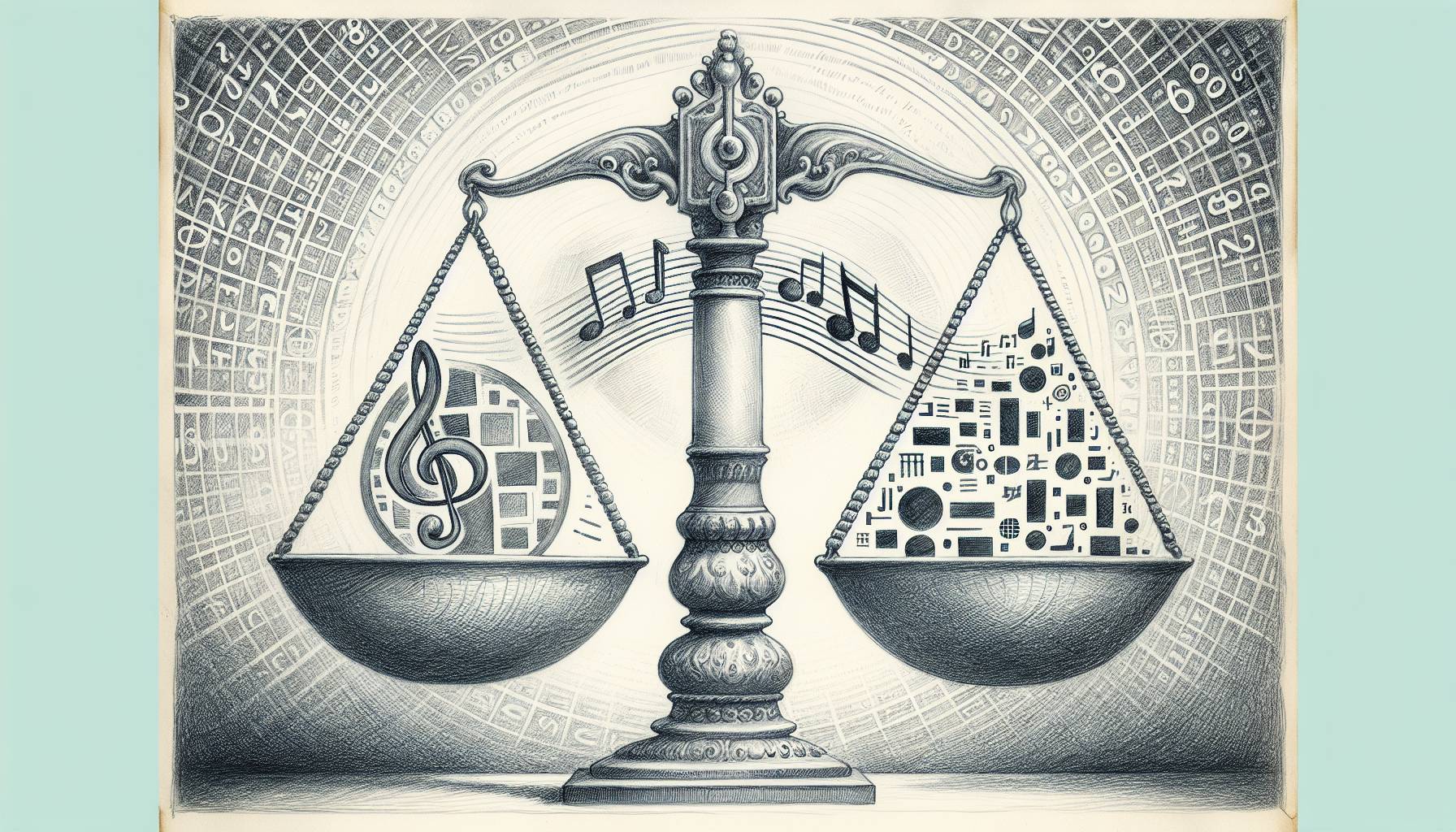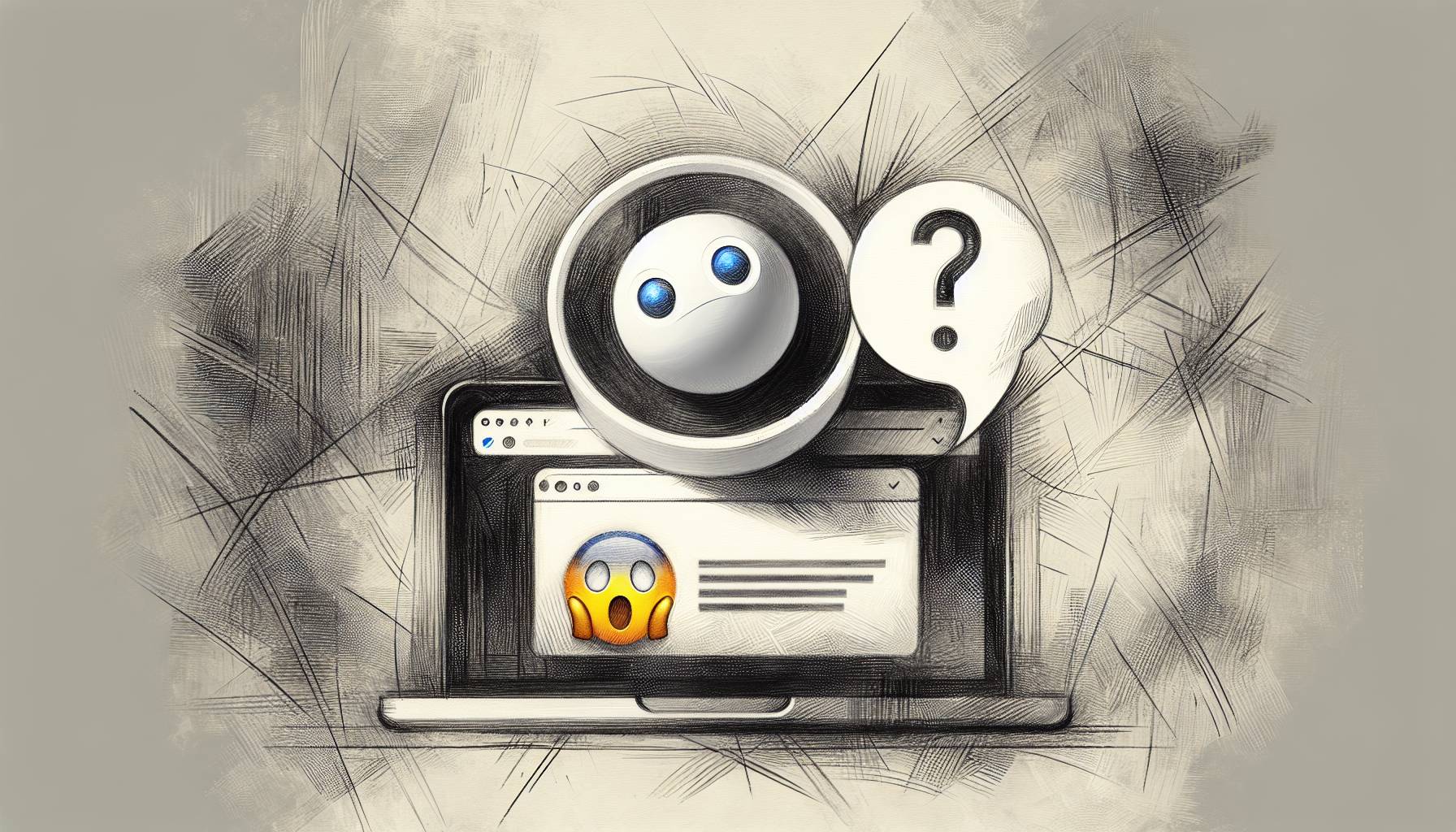It seems that iPhone app developers these days will dream up anything.
A new app called Sigmund, the brainchild of Harvard and MIT PhD students, helps users program their dreams. Well, kind of anyway. The developers don’t expect to control every facet of your REM cycle journeys, but rather to suggest imagery that – with the right user in the right environment – can guide your dreams in a direction you find appealing. Perhaps Leonardo di Caprio could have found this useful in the movie Inception.
The 99-cent app has a library of approximately 1000 words from categories like places, people, nature and occasions. You can pick up to five words, aiming for highly descriptive strings like “blue rose flower garden.” Thereafter, the app has you set a sleep and wake time, which sets the alarm. Unlike apps that monitor sleep stages by using the accelerometer to sense motion, Sigmund relies on basic and predictable sleep patterns. Daniel Nadler, co-founder of the project, explains in USA Today’s Technology Live:
Sleep cycles are incredibly regular for people who go to sleep and wake up at more or less the same time … You can mathematically derive — with an 85% degree of success — when those [dream] cycles will occur based on when they go to sleep and when they wake up.
More than just a gimmick
And that speaks very much to whether the app will work for you or not. This is not a gimmick; the principles behind it are established. But, it works only for good sleepers. And the ideal candidate – someone who has a highly predictable sleep/wake schedule, takes in very few stimulants, ideally sleeps for eight full hours, and is not on any sort of sleep-impacting medication – is getting harder to find.
Having said that, my small household is a Petri dish of different types of sleepers, so I tested the app on my husband, myself, and (inadvertently) on our son.
I am the worst test subject, with none of the aforementioned characteristics, but do appreciate the science behind Sigmund. I picked five terms I knew occurred in dreams I have frequently, ran a purported dream-inducing sleep program to try and put myself in a receptive state, but had no results.
My husband, who gets only five hours of sleep a night (but at predictable times) picked more exotic words: castle, horse, knight, queen and king and his results were mixed. He said he very much enjoyed hearing the words softly repeated as he came to full consciousness, and, aware of them, he allowed his mind to wander a little. Still, he was awake and mindful of his surroundings before going off on a flight of fancy.
Son’s accidental experiment helped him feel “in charge” while sleeping
We were ready to call the experiment a failure, but last night, while my husband was giving the app one last try, our eight-year-old son awoke from a nightmare and crawled in beside him during the pre-dawn. When he awoke, just 20 minutes before his father, he came to tell me about his night. He no longer remembered the nightmare but, to my surprise, reported instead waking to dreams of castles and dragons and “heroes.” Note these are not the same words; my husband made no mention of dragons and my son none of horses, but there is a common theme. He further reported it “wasn’t like a dream dream,” but it was “cool” because he felt he was “in charge.”
After speaking to them both about their experiences, I think I’ve had similar ones that are more translatable. If you’ve ever fallen asleep with the TV or talk radio on and awakened to find yourself in a post-dream state where the disjointed voices of announcers somehow weave themselves into a dream context, that seems to best way to describe what my son, and to a lesser extent my husband, experienced. They were not fully dreaming, but neither were they fully awake. They were in a passive state where they were able to let the words mold their waking thoughts and where they, in turn, could control the direction of the near-dream. I think that is more or less in line with what the developers are hoping for, and in a properly controlled laboratory setting, I imagine the experience would be much more profound.
Certainly the science is solid and the app can do no harm. For less than a buck it’s worth downloading and checking out for yourself. This is particularly true if you are a regular dreamer on a reliable schedule, or are willing to adhere to one in order to gain greater control of your nighttime journeys.
Discover great games for iOS here





